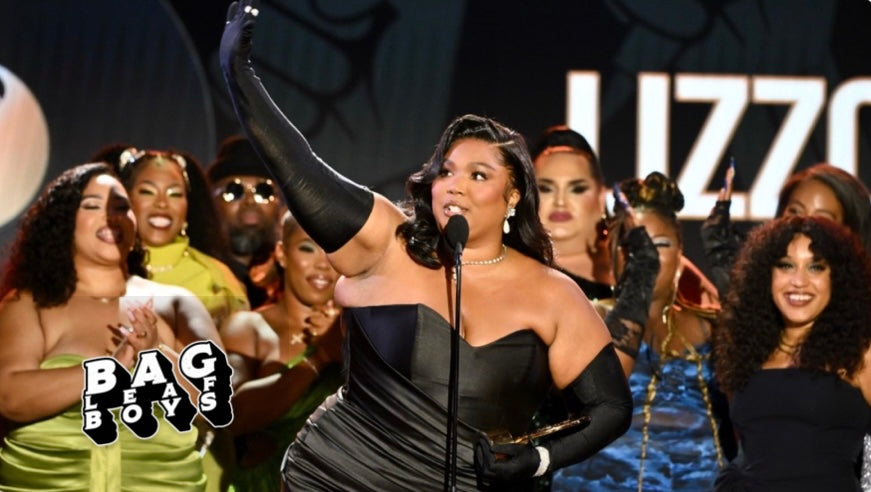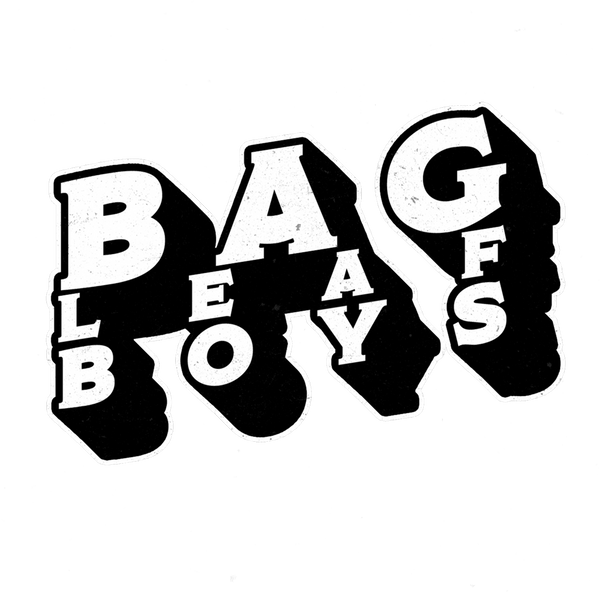
Lizzo Calls Out Sampling Laws: Are They Silencing Black Creativity?
Share
Sampling has been the heartbeat of hip-hop since its birth. From DJs looping vinyl breaks in the Bronx to producers today flipping obscure tracks into chart-toppers, the culture has thrived on reimagining sound. But as the laws tightened, so did the costs—and according to Lizzo, those laws were never made to protect creativity in the first place.
Speaking on Million Dollaz Worth of Game, Lizzo described today’s sampling framework as “racially charged” and built to punish Black creators. She pointed to the infamous case of Biz Markie, whose album was pulled in the early ’90s after a sampling dispute, setting a precedent that changed the entire industry.
For Lizzo, this isn’t just history—it’s personal. She recalled facing legal issues herself after sampling a funeral recording on her Coconut Oil project. What began as an artistic decision quickly turned into a legal battle, reminding her that inspiration can come with hefty consequences.
The bigger issue? Clearing samples is often too expensive for independent artists, creating an uneven playing field. Major labels can afford lawyers and settlements. Up-and-coming rappers working out of home studios? Not so much. That means innovation gets stifled—not because artists don’t have ideas, but because they can’t afford the risk.
Industry experts argue that while protecting original creators is important, the current system is outdated. In an age where music is constantly remixed and shared, rigid sampling laws may actually hurt the culture more than they help.
Why it matters:
- Sampling is part of hip-hop’s DNA; limiting it means limiting the culture.
- Rising costs push artists toward safer, less innovative music.
- The debate could inspire a new wave of reform—or push creators to build outside the mainstream system.
Lizzo’s comments are forcing the industry to face an uncomfortable truth: who really benefits from the way music rights are enforced?
